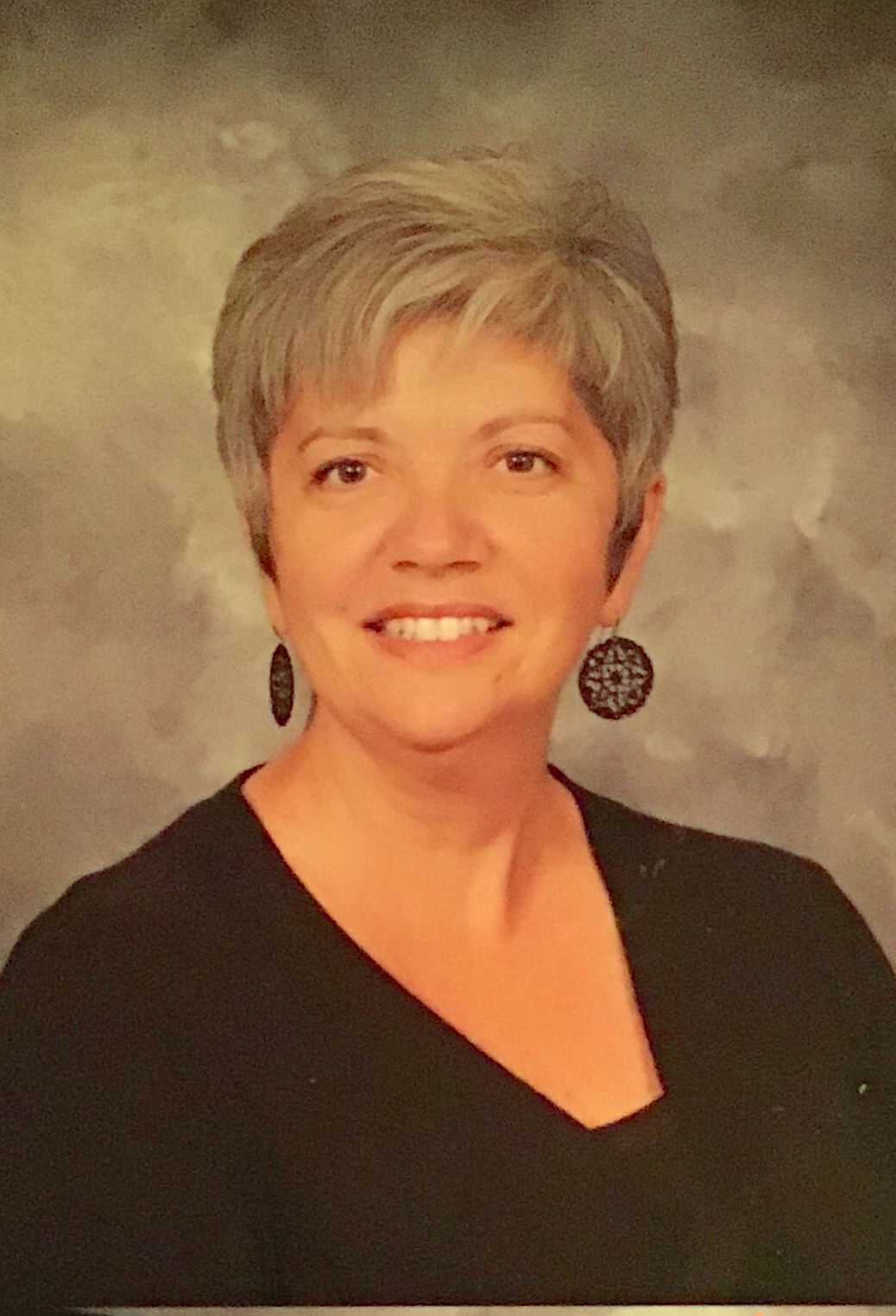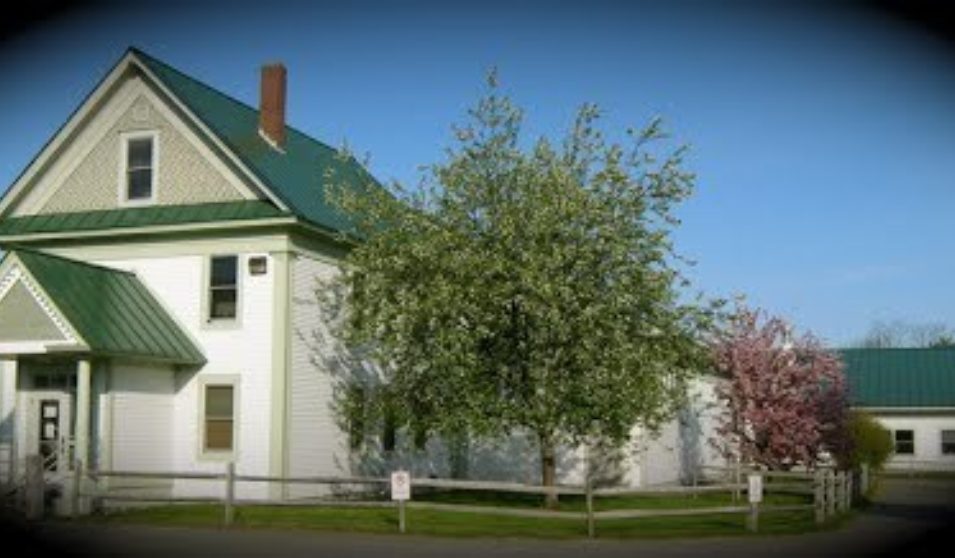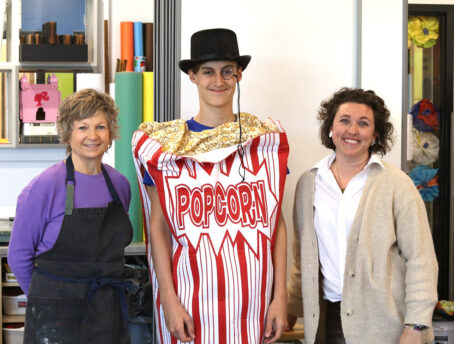It began with a choice. Living and raising our children in a heavily populated urban community in southern New England, my husband and I decided we wanted to relocate our family to a rural community. In essence, we wanted to expose our children to the type of upbringing we experienced. We came from rural areas and wanted that type of community for them. Once we settled in, the obvious tradeoffs were apparent.

Long gone was the noise and continuous illumination whether it was natural light or streetlights. Our frantic daily pace slowed. Since nothing was as they say straight as the crow flies, our trips to local stores were well thought out.
The most significant difference was our children’s school. In a rural community, the school is the social network and often considered the community center for town events. Parent and community participation was evident whether it be the annual 8th grade trip or Old Home Day. Not only did our son see his art teacher at school, but she was also a leader in his Boy Scout Troop. The teachers at the school were present in the community. Frequency and ease of contact with our children’s teachers was refreshing. As a teacher in the school, my students’ parents were actively engaged in their child’s learning. Chances of meeting parents in the grocery store, local restaurant, or church were highly likely and always provided a welcome opportunity to check in with each other. This daily familiarity created a connection with families that enhanced the teacher/student relationship and supported the relationship between the school and the community. Together we were a community; one where educators, parents, children, and the town in general were respected, supported, and valued.
It has been 22 years since we relocated and I am currently the principal of Piermont Village School, a K-8 rural school with a total student population of 62 children; it makes our son’s school of 200 look like a metropolis. Piermont, is a very small and socioeconomically diverse town that is still largely rooted in an agrarian culture. Despite the changes in society in general that have occurred over the last 20 years here, traditional rural themes continue to survive, define, and bind us together. Farms, fields and large expanses of forested land make up the landscape. In this agricultural community, some of my students go home afterschool to complete farm chores before homework. Since they play a contributing role at home, many have acquired a strong sense of value and self-worth within their family unit which carries over into the classroom. This is apparent in their willingness to pitch in at school when needed, their recognition and acceptance of the younger students as valued members of the “school family unit”, their participation in the school’s Student Council, and a strong work ethic that is displayed through confidence and perseverance. In the era of soft skills or work study practices these abilities are naturally embedded in their daily lives.
I have had the opportunity to experience rural education as a parent, teacher, and school administrator. Regardless of my role, I’ve experienced the same community themes: connectedness, value for individuals in the community and for the school, support, and a confidence that sustains the students not only in school, but also in their future. Why does my rural school matter? It’s the center of the town, bringing together youth and adults into what they value the most, a community.

Many thanks to Deb Norwood for providing this contribution to the RELN blog, which has graciously allowed the Rural Schools Collaborative to publish this essay. The Rural Educational Leaders Network (RELN) and Plymouth State University are our New England Regional Hub anchors. We invite you to learn more about this partnership.
We are also pleased to include Debra's essay in our I am a Rural Teacher anthology. We hope you will check it out.




